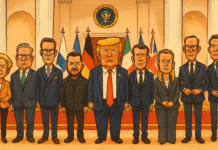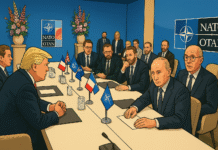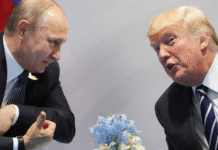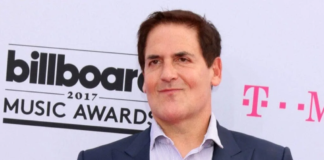|
Getting your Trinity Audio player ready...
|
In a world often divided along lines of ideology, faith, and politics, morality and justice are frequently presented as immutable truths—fixed principles that transcend time and circumstance. But this is a dangerous illusion.
In reality, these so-called universal values are malleable, shaped not by timeless wisdom but by the hands of those who wield power. What is “moral” and what is “just” often depends less on principle and more on narrative control, institutional influence, and economic dominance.
Morality as a Political Weapon
Let us dispense with the myth: morality is not neutral. It has always been a political tool—a battleground where the powerful dictate the rules and the rest are expected to comply.
From colonial conquest justified under the guise of civilizing missions to modern legislation dressed up as moral reform, power determines whose values prevail. And those values, more often than not, protect the interests of the few at the expense of the many.
The Machinery of Control
Today’s power brokers use four key levers to mold public perception of morality and justice:
- Media Control:
Ownership of the media landscape allows the powerful to curate truth itself. What the public sees, hears, and ultimately believes is carefully constructed to reinforce existing hierarchies. - Legislative Influence:
Through lobbyists and lawmakers, moral codes are codified into law—laws that too often reflect corporate interest and elite ideology more than any genuine concern for human welfare. - Cultural Narratives:
From films to textbooks, dominant groups craft the stories we tell about ourselves and our societies. These stories aren’t just entertainment or education—they’re ideological armor. - Economic Leverage:
In a world where money talks, the wealthy dictate what issues are prioritized, who gets heard, and who remains invisible. This isn’t just about capitalism—it’s about control.
Why It Persists
These mechanisms are not accidental; they are deliberately maintained to ensure the dominance of specific worldviews. By shaping laws and social norms, the powerful make their version of morality feel natural, inevitable—even divine.
They leverage institutions like courts, schools, and parliaments to confer legitimacy on their values. Meanwhile, dissenting voices are labeled as radical, criminal, or unpatriotic. This isn’t morality. This is management—of people, narratives, and resistance.
The Path Forward
If we are to reclaim morality and justice as tools of liberation rather than control, we must confront the systems that distort them. This begins with four key actions:
- Critical Thinking:
Education must evolve beyond rote learning. A truly moral society is one where citizens are equipped to question, to doubt, and to challenge imposed truths. - Alternative Narratives:
Independent media, grassroots storytellers, and marginalized communities must be given platforms to challenge dominant moral assumptions. - Grassroots Organizing:
Real change begins at the local level. Communities must come together, not just to protest injustice, but to build alternative systems of justice. - Institutional Reform:
Until our institutions reflect the will and dignity of all people—not just the privileged few—justice will remain a tool of the elite.
Conclusion: Morality Must Be Reclaimed
Morality is too important to be left in the hands of the powerful. It must be reclaimed, redefined, and re-rooted in the lived experiences of ordinary people—not dictated from ivory towers or corporate boardrooms.
As long as we continue to accept the moral framework handed down by those with the most to lose from real change, justice will remain elusive. The time has come to stop asking what is moral—and start asking who benefits from that morality

















